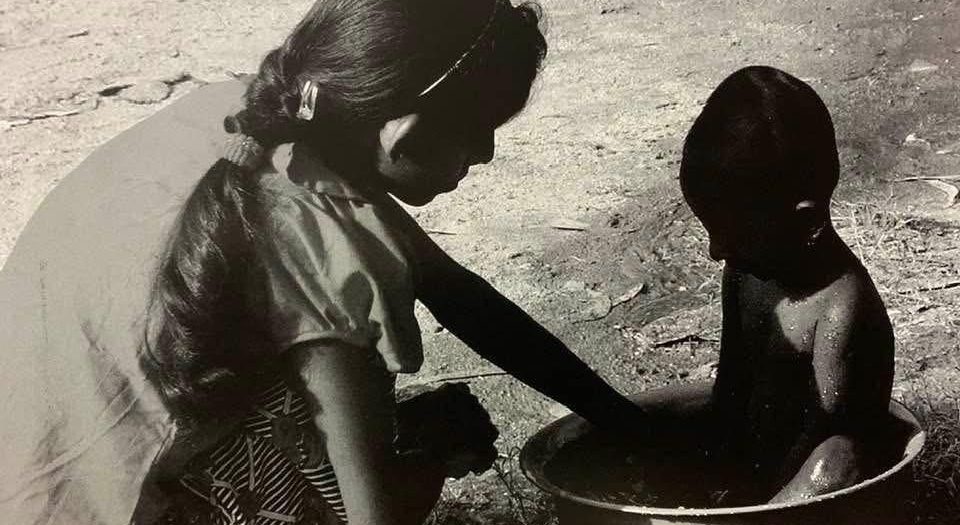“Like many of you in the diaspora, I experienced the pain of displacement. Growing up in Sri Lanka, my family and I lost everything multiple times, forcibly uprooted from what we called home. This shared journey of loss, resilience, and survival is deeply embedded in our collective identity as a diaspora community…”
Dear Friends,
As I write this from Sri Lanka, my heart is filled with both gratitude and reflection.
This year marks 20 years since the devastating Asian Tsunami of 2004 – a tragedy that claimed over 230,000 lives, including around 40,000 in Sri Lanka alone. The impact of this disaster left deep scars, not just on our nation but on many others across the region. I am profoundly grateful for God’s protection during that time, and for the remarkable way the world responded with aid, compassion, and support to help rebuild lives and communities.
Adding to this grief, Sri Lanka endured a long and brutal civil war that cost countless lives and destroyed properties, leaving remnants of suffering visible even today. Like many of you in the diaspora, I experienced the pain of displacement. Growing up in Sri Lanka, my family and I lost everything multiple times, forcibly uprooted from what we called home. This shared journey of loss, resilience, and survival is deeply embedded in our collective identity as a diaspora community.
We may have migrated through various avenues – whether through skills, education, or humanitarian pathways – but we all left our countries in search of safety and better opportunities. In my case, I have been blessed to build a safer life in my newfound home. I have thrived in ways I could never have imagined – growing into opportunities and roles I never thought possible. Yet, even as I celebrate these achievements, I am reminded not to forget the land I left behind.
The call of Nehemiah resonates deeply with me. Nehemiah lived in the relative comfort of Persia, serving as the cupbearer to the king – a role of privilege, power, and influence. As the king’s trusted advisor, he occupied a rare and desirable place of luxury, far removed from the struggles of his people in Jerusalem.
Yet, when he heard about the state of his homeland, he was devastated. Nehemiah’s response wasn’t to shrug off the responsibility or leave the burden to others. Instead, he wept, mourned, fasted, and prayed. As he writes in Nehemiah 1:4:
“As soon as I heard these words, I sat down an wept and mourned for days, and I continued fasting and praying before the God of Heaven.”
When I reflect on my own journey, I see parallels. Like Nehemiah, I live in relative comfort compared to those I left behind. It’s easy to expect someone else to take on the responsibility of rebuilding – missionaries, charities, governments, UN agencies, or churches. It’s tempting to find reasons to hold back, citing corruption or inefficiencies in the institutions back home.
But then I remember: when I was in need – displaced and uncertain, seeking refuge – I didn’t question the hands that reached out to help me. The aid that sustained me came through imperfect systems, yet it brought life, hope, and a future. How can I not extend the same grace to those who now suffer as I once did?
Like Nehemiah, I need to allow my heart to be moved by my people’s suffering. After all, my life today is a testament to the compassion and generosity of others who didn’t turn away when I was in need.
May God bless you and guide you as we rise together to rebuild what has been broken.
Blessings,
Jude Simion
Founder of Philoi Global
If you would like to explore ways to partner with us in investing in the lives of persecuted and displaced brothers and sisters, you can donate here or contact us directly at info@philoiglobal.org. We are deeply grateful for your support and are committed to using your donation as effectively as possible to make a lasting impact.

